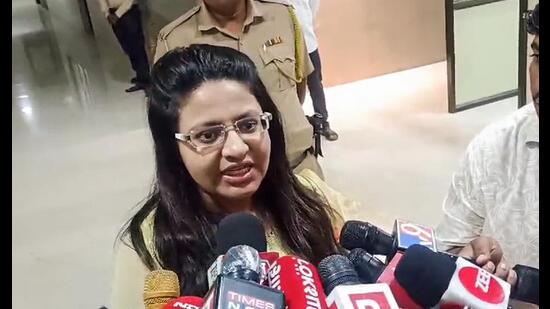Jul 17, 2024 09:08 PM IST
The unfolding saga of Puja Khedkar involves multiple allegations of misconduct, including forgery and misuse of official documents, raising concerns about the credibility of the Indian bureaucracy.
L’affaire Puja Khedkar is still unfolding but the broad contours of this sordid saga are now clear. The 32-year-old trainee bureaucrat is accused of multiple counts of misconduct, forging a non-creamy layer Other Backward Classes certificate while her family commanded assets north of ₹40 crore, using fake addresses and falsified spellings to procure a disability certificate, and faking her age and date of birth to appear for the Union Public Service Commission (UPSC) examination more times than is permitted. None of these accusations have been proven, and Khedkar deserves a thorough and fair examination of her conduct away from the glare of the media spotlight. But the avalanche of allegations against her and members of her family have sparked similar charges against several other current and former members of the Indian bureaucracy. Some of them are accused of misrepresenting their physical abilities to qualify under the disability quota; others, of falsifying their family incomes to be certified as non-creamy layer — both point to the dire need for stricter oversight over those who make up the steel frame of India.

The government has now taken the first step in calling Khedkar back to the training institute, but the bigger issue before it is to address questions that have emerged on the very credibility of the UPSC selection process. For instance, there is now a perception that caste and disability certificates are not adequately vetted to begin with, and that the system can be gamed. This cannot stand. The bureaucracy is not only a key node of governance in India, it is also the principal and the most important arm of the state to interact with the common citizen. Civil servants and police officers wield enormous powers over India’s 1.4 billion people, and are able to execute their duties because of the trust reposed in the system by the ordinary Indian. That compact should not be allowed to be vitiated by the appearance of corruption. In a country where a common citizen often faces numerous hardships in trying to procure official documents for a genuine case, it is intolerable that some can get away with bending the law for something as sacrosanct as affirmative action.
India’s civil services selection process has long remained unblemished, setting itself as a standard bearer to pick men and women to govern the world’s largest democracy. But the fallout of Khedkar’s alleged conduct is miring it in confusion and doubt. This is not good for the bureaucracy and the country. Robust oversight and transparent fixes would augur well.
Unlock a world of Benefits with HT! From insightful newsletters to real-time news alerts and a personalized news feed – it’s all here, just a click away! –Login Now!


